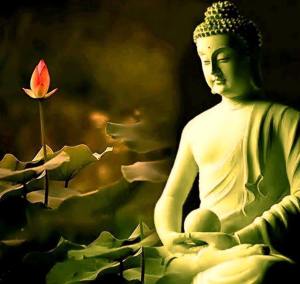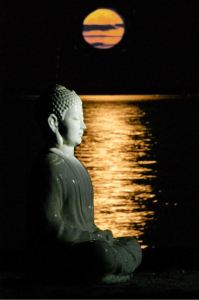Neuroscience Reveals: This Is How Gratitude Literally Rewires Your Brain to Be Happier
realfarmacy.com
By Justin Brown
Published here on Aug 11, 2019
We often hear about the power of gratitude for creating a more positive and happy mental state. But did you know that gratitude literally transforms your brain?
According to UCLA’s Mindfulness Awareness Research Center, regularly expressing gratitude literally changes the molecular structure of the brain, keeps the gray matter functioning, and makes us healthier and happier.
When you feel happiness, the central nervous system is affected. You are more peaceful, less reactive, and less resistant. And gratitude is the most effective practice for stimulating feelings of happiness.
In this article we’ll share some of the research demonstrating that gratitude makes you happier, followed by some practical steps you can take to positively transform the molecular structure of the brain.
Studies of gratitude making you happier
In one study of gratitude, conducted by Robert A. Emmons at the University of California at Davis and his colleague Mike McCullough at the University of Miami, randomly assigned participants were given one of three tasks. The participants kept a journal each week, with one group describing things they were grateful for, another describing what’s hassling them and the other keeping track of neutral events. After ten weeks, the participants in the gratitude group felt 25 percent better than the other groups, and had exercised an average of 1.5 hours more.
In a later study by Emmons with a similar set up, participants completing gratitude exercises each day offered other people in their lives more emotional support than those in other groups.
Another study on gratitude was conducted with adults suffering from congenital and adult-onset neuromuscular disorders (NMDs), with the majority of people having post-polio syndrome (PPS). Compared to those not jotting down what they’re grateful for every night, participants that did express gratitude felt more refreshed each day upon wakening. They also felt more connected with others than did participants in the group not expressing gratitude.
A fourth study didn’t require a gratitude journal, but looked at the amount of gratitude people showed in their daily lives. In this study, a group of Chinese researchers found that higher levels of gratitude were associated with better sleep, and also with lower levels of anxiety and depression.
Better sleep, with less anxiety and depression. Some compelling reasons to express gratitude more regularly.
Three simple steps to becoming more grateful
If you’ve only got time to say one prayer today, make it the simple words of “thank you.”
This is worth keeping in mind as you go about figuring out your daily practices and routines.
Here are three practical steps you can take to infusing routines of gratitude into your life.
1) Keep a daily journal of three things you are thankful for. This works well first thing in the morning, or just before you go to bed.
2) Make it a practice to tell a spouse, partner or friend something you appreciate about them every day.
3) Look in the mirror when you are brushing your teeth, and think about something you have done well recently or something you like about yourself.
Source: ideapod.com






























Recent Comments